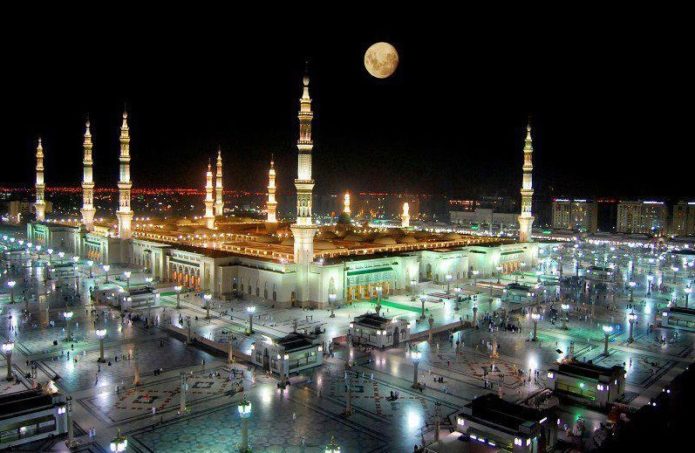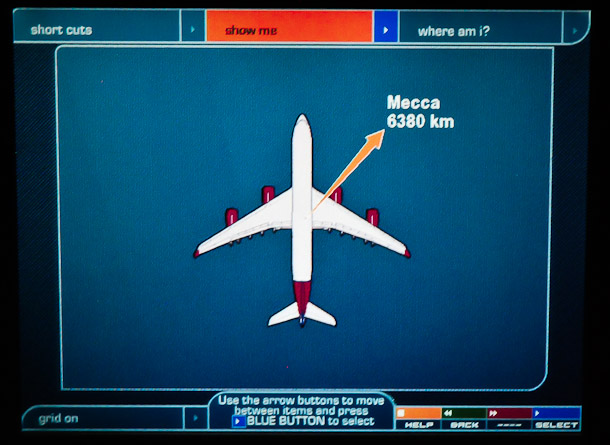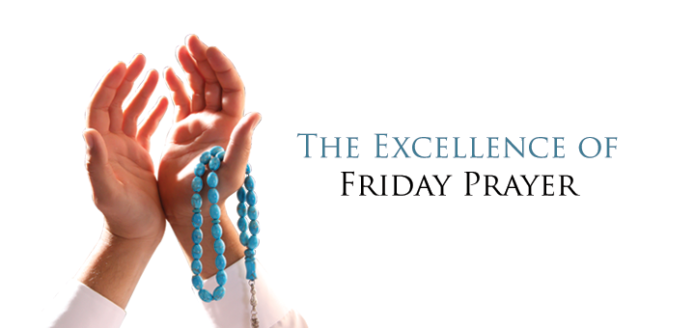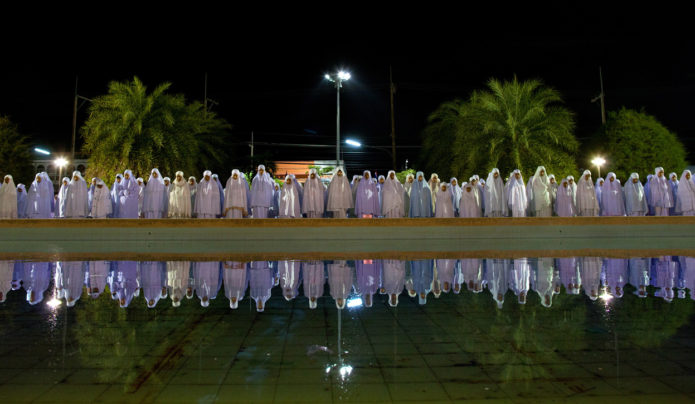Question:
What does Salawaat mean, and why does it hold such a high importance in our faith?
Answer:
The Almighty Allah (SWT) orders in the Holy Qur’an all believers to join Him and the angles in sending Salaam and Salawaat to the Holy Prophet (SAW):
إِنَّ اللَّهَ وَمَلَائِكَتَهُ يُصَلُّونَ عَلَى النَّبِيِّ يَا أَيُّهَا الَّذِينَ آمَنُوا صَلُّوا عَلَيْهِ وَسَلِّمُوا تَسْلِيمًا
“Verily, Allah and His angels send Salawaat on the Prophet. O you who believe, send your Salawaat on him, and submit (to him in all that he has brought for you) a thorough submission” (33:56)
- Meanings of Salawaat:
Salawaat is the plural form of Salat which literally means ‘to call’ (Du’a) – a call to someone to try to get their attention.
In Arabic language, this type of calling, if done by someone with a higher status is called ‘Rahma’ (mercy and blessing), and if done by someone from a lower status called ‘Du’a’ (pray).
It is narrated from Imam Sadiq (a.s) in explaining the meaning of Salawaat:
الصَّلَاةُ مِنَ اللَّهِ عَزَّ وَ جَلَّ رَحْمَةٌ وَ مِنَ الْمَلَائِكَةِ تَزْكِيَةٌ وَ مِنَ النَّاسِ دُعَاءٌ
“Salat from the Almighty Allah means a ‘mercy’, and from the angels ‘exoneration’, and from people a ‘prayer’.” (Sadooq, Ma’anel-Akhbar, p. 368)
Salawaat of Allah (SWT) and that of the believers:
It is proven in Islamic mysticism that the noor (light/essence) of the Holy Prophet of Islam (SAW) is the first creation. That means, his holiness is on the peak of the cone of creation. Existence began from him and reaches the rest through him (peace be upon him and his pure progeny). Thus, the Salawaat of the Almighty Allah (SWT) upon the Prophet (SAW) means sending His constant ‘mercy of existence’ to him. This divine mercy reaches the rest of the creation through the Holy Prophet (P) and hence he is ‘a mercy for the worlds’ (Rahmatan Lel-Aalameen). Likewise, people’s invocation does not reach the Almighty Allah (SWT) unless through His Messenger (SAW). Thus, when believers send their Salawaat to the Holy Prophet (SAW) they are in fact calling for the divine mercy through His Messenger (SAW). Therefore, the benefits of Salawaat eventually return to the believers themselves.
Salawaat of the Angels:
As stated in the above mentioned narration, the Salawaat of the angels is ‘tazkiya’ which means ‘to exonerate’. The spiritual status of the Holy Prophet (SAW) is higher than all the angels. Therefore, the Salawaat of the angels means that they constantly exonerate Holy Prophet (SAW); in that he is completely free from their own deficiencies and beyond. Thus, it was for this reason that the angels were commanded to prostrate before Adam in whose physical lineage the Seal of the Prophets would be born.
- How to perform the Salawaat:
While the Holy Qur’an commands the believers to send Salawaat to the Holy Prophet (SAW), there is no instruction on how to perform this ritual. Similar to most of other Islamic rules the Holy Prophet (SAW) has taught Muslims the method of performing Salawaat .
The Shi’a and the Sunni scholars have narrated from Ka’b Ibn Ojra who asked the Holy Prophet (SAW):
يا رسول الله قد علمنا السلام عليك فكيف الصلاة عليك قال: قالوا اللهم صل على محمد و على آل محمد كما صليت على ابراهيم و على آل ابراهيم انك حميد مجيد و بارك على محمد و على آل محمد كما باركت على ابراهيم و آل ابراهيم انك حميد مجيد. (صحیح البخاری ج6 ص 217 و تفسیر البرهان ج4 ص 489)
“O Allah’s Messenger! We know how to say Salam to you, but how is Salat on you? He said: Say: ‘O Allah! Send your Salat onto Mohammad and the Family of Mohammad, as You sent your Salat onto Ibrahim and the Family of Ibrahim, surely You are worthy of all praise, the Glorious, and bless Mohammad and the Family of Muhammad as You blessed Ibrahim and the Family of Ibrahim, surely You are worthy of all praise, the Glorious.”
(Sahih al-Bukhari, vol. 6 p. 217, and Tafsir al-Borhan, vol. 4 p. 489)
In addition to the above prophetic instruction, the Holy Prophet (SAW) has warned the believers against excluding his holy household when sending Salawaat to him.
The famous Sunni scholar; Ibn Hajar al-Haytami narrated:
أنّ رسول الله صلّى الله عليه وآله قال: لا تُصلُّوا عَلَيّ الصلاةَ البَتراء، قالوا: وما الصلاةُ البَتراء ؟! قال: تقولون: اللّهمّ صلِّ على محمّدٍ، وتُمسِكون، بل قولوا: اللّهمّ صلِّ على محمّدٍ وعلى آلِ محمّد. (الصواعق المحرقۀ، ص 87)
“Allah’s Messenger (SAW) said: Do not send an incomplete Salat on me. The Companions asked: What is the incomplete Salat? He explained: to say: “O Allah send Salat onto Mohammad”, and then you stop. Rather you should say: O Allah send Salat onto Mohammad and the Family of Mohammad.”
(al-Sawa’equl-Mohreqah, p. 87)
- The merits of Salawaat:
Although the merits of sending Salawaat are more than what I can mention here, I’d like to conclude with a few only:
- “There is no (recommended) act more precious than Salawaat onto Mohammad and his Family.” (al-Kaafi, vol. 2, p. 358)
- “Whoever is unable to find a compensation for his sins then let him send Salawaat on Mohammad and the Family of Mohammad repeatedly, for surely it will destroy the sins thoroughly.” The Imam then added: “Salawaat onto Mohammad and his Family equals Glorification, Unification and Exclaiming God’s greatness.” (al-Amali, p.73)
اللهـــم صل على محمــد و آل محمـــد و احشـرنا مع محمــد و آل محمــد
Answered by: Sheikh Mansour Leghaei
Subscribe to our mailing list!





